Psychology Behind Fear
Fear is an emotion that follows us throughout our lives, and like any other emotion, our fears change and evolve as we get older. Fear usually begins in the form of ghost or monsters hiding under the bed. As we get older we begin to be afraid of mom getting mad at us, or getting a bad grade on a test. Even into adulthood, we still have fear, although it may come in the form of not being able to afford our bills.
The bottom line is that everyone experiences fear. But why does this feeling happen and where does it come from?
What is Fear?
If we take it down to the basics, fear is simply an adrenaline response in the brain. So obviously sometimes fear is a good thing, it helps us recognize when something is a threat to us.
There are different types of threats; some actually posing a danger to us, and some that are just perceived that way. A lion chasing you across the savannah is an actual threat to your survival, but speaking in front of a crowd is not. However, our brains actually cannot distinguish between different types of threat. Meaning our brains react the same way in both of those situations, triggering the fight or flight response.

Where Do Our Fears Come From?
Is fear genetic or learned? Everyone is afraid of different things. For many of us, we don’t even know why we are afraid of the things we’re afraid of. If you asked me why I am afraid of water or heights, I honestly could not tell you. I’ve never had an experience where I almost drowned or fell off of something. So is fear genetic? Do we have fear because evolutionarily speaking, we needed them to survive? The answer is actually no. So where do our fears come from?
Michael Cook at the University of Wisconsin discovered that “monkeys born in the wild are afraid of snakes — a useful asset for their survival. But monkeys raised in a laboratory don’t react when they see a snake, whether it’s poisonous or not. This study shows that our fears can’t be genetic.” However, “monkeys who have never been afraid of snakes quickly learn to be frightened of them: they only have to see that another monkey is scared. And it only has to happen once.”
Fear is a very interesting emotion in the sense that it is entirely learned. No one is born with fear. Humans are born with curiosity, and that’s essentially it. Typically we become acquainted with fear from a very young age: in infancy depending on our environment and perceived sense of safety and throughout our formative years. As children, we only have a desire to learn and understand our surroundings, which makes us incredibly susceptible. This is why a lot of children will grow up with the same fears as their parents.
Emotional Fear vs. Physical Fear
Some fears have triggers, such as fear of heights, bugs, the dark. Other fears come in a more abstract form like fear of rejection or abandonment, etc. Our fears also tend to change as we grow older: for example, some common fears of preschoolers are the dark, monsters and ghosts, etc., while older children are afraid of snakes and spiders, being home alone, and angry teachers.
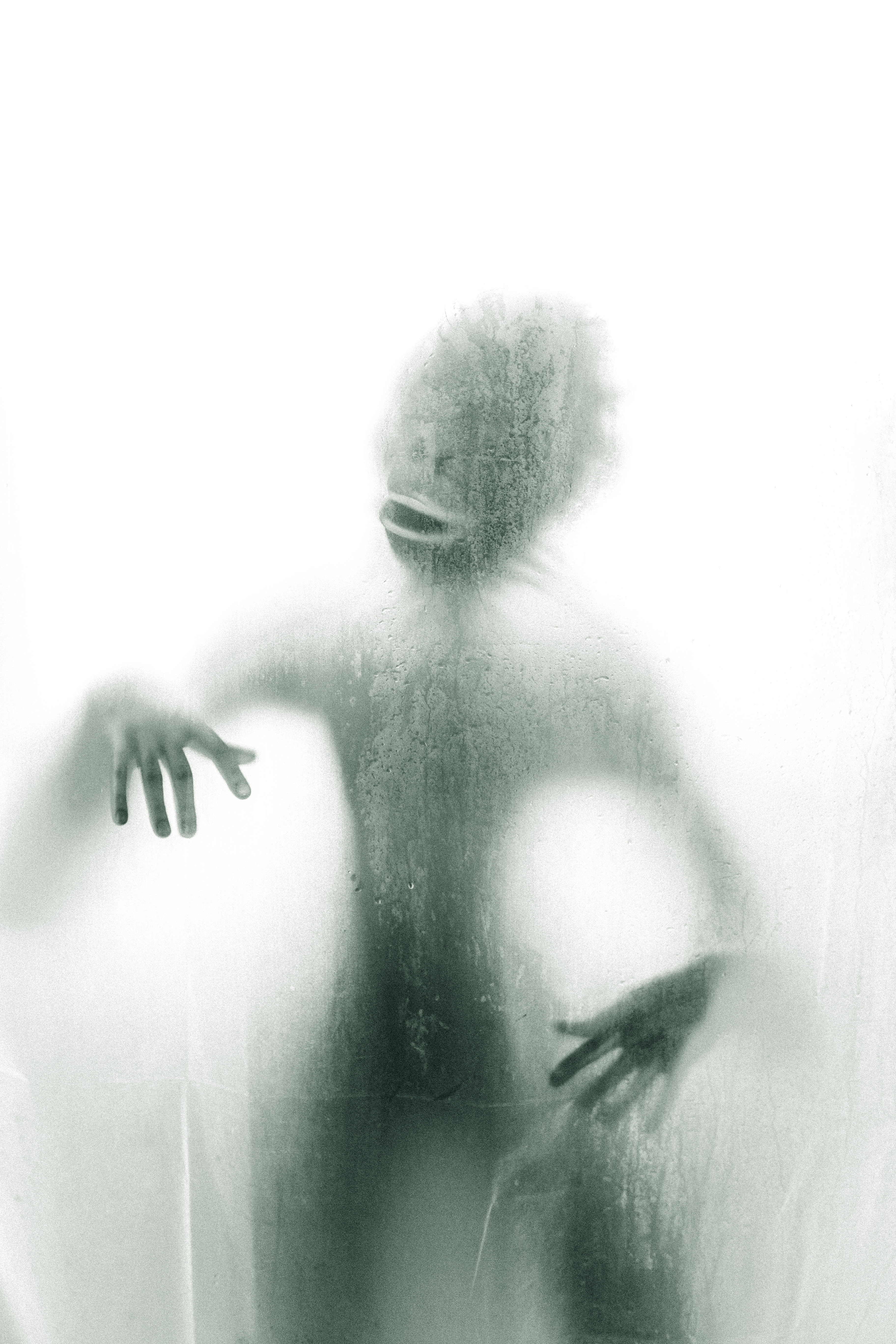
Where does fear come from?
The bottom line is that all fears are learned. Which means fears can, in fact, be unlearned, which happens mostly through exposure to them!
Are you a scaredy cat or an adrenaline junky? Good news is that Castle of Chaos has 4 Levels of Fear to choose from. So regardless of your fear tolerance, we have something for you!

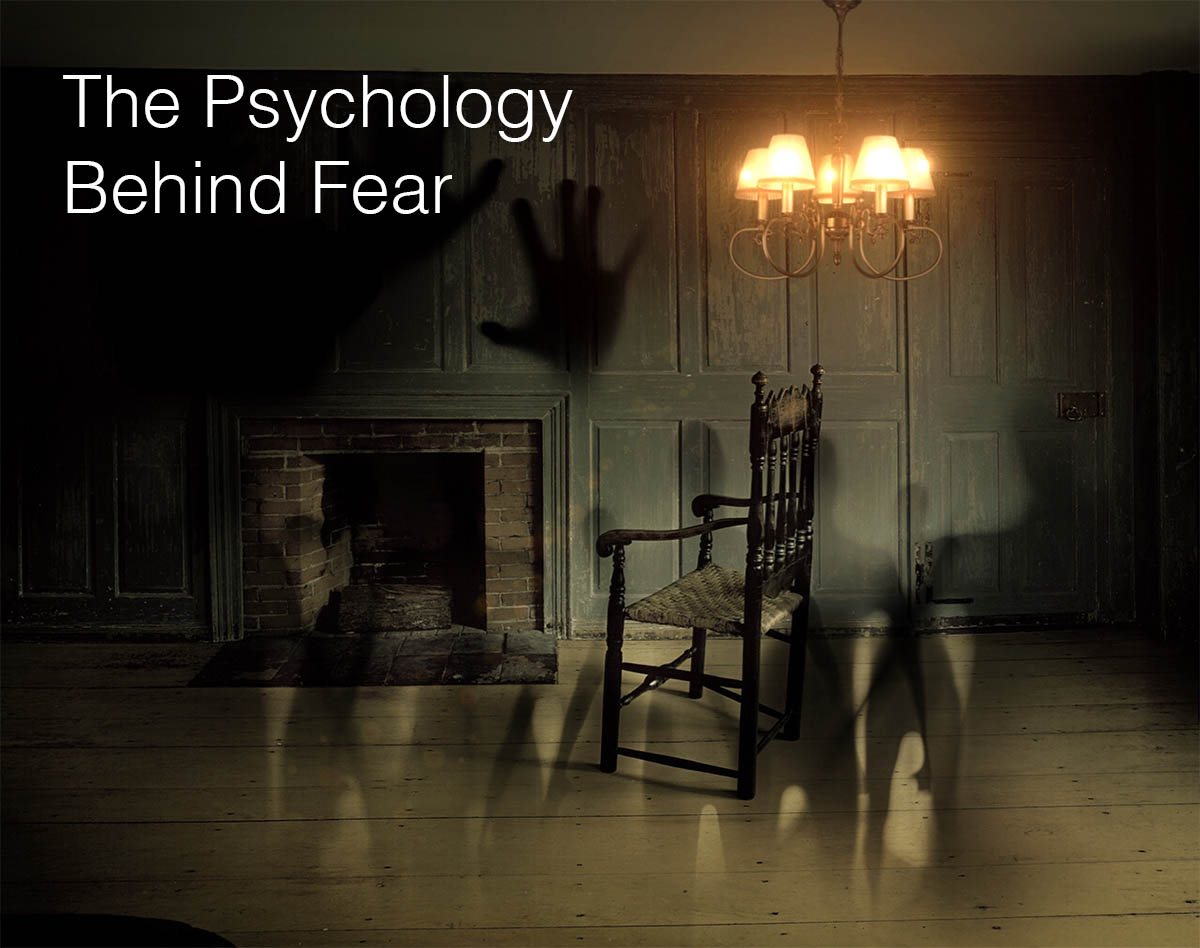
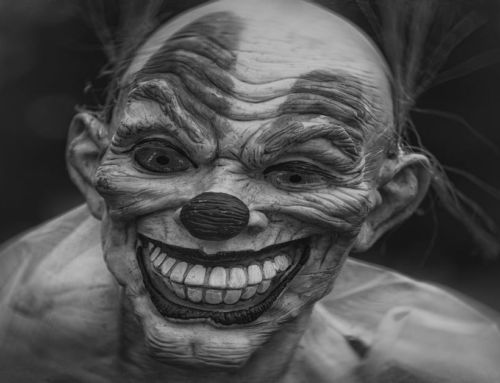

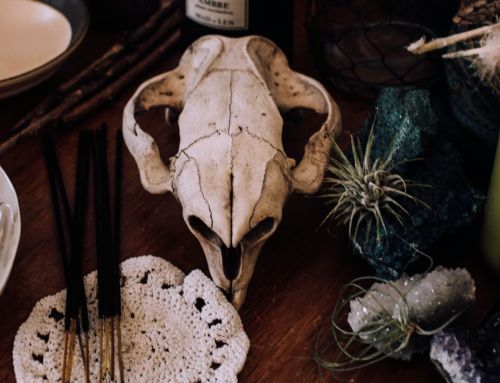

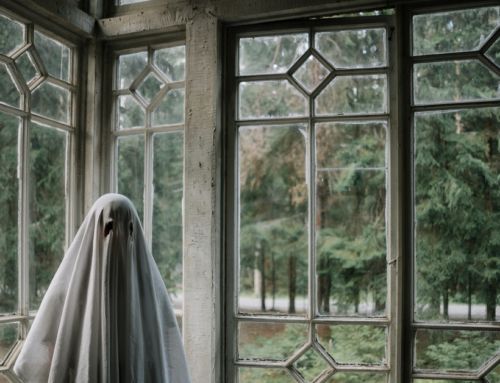
Leave A Comment
You must be logged in to post a comment.